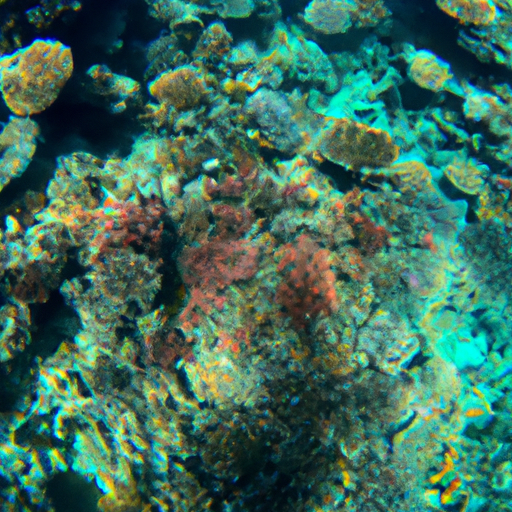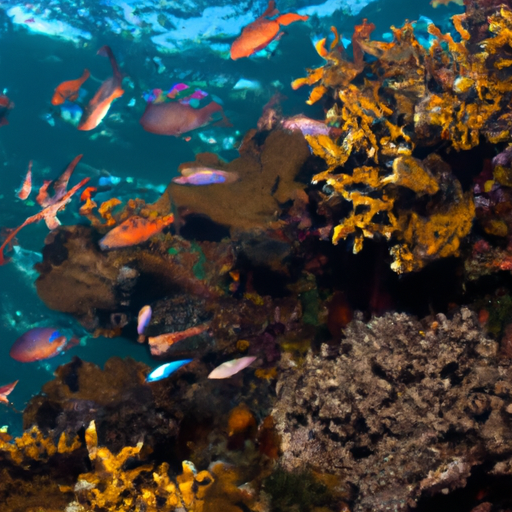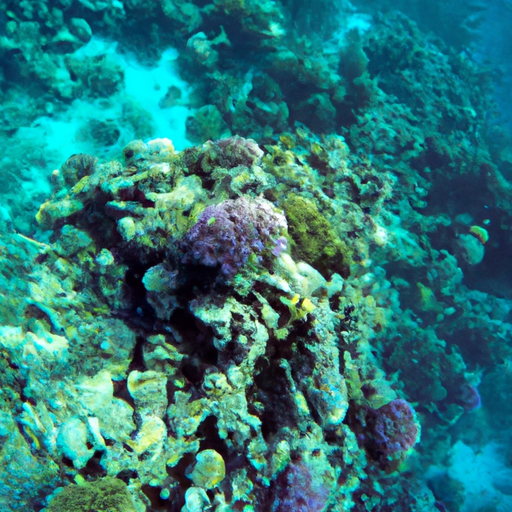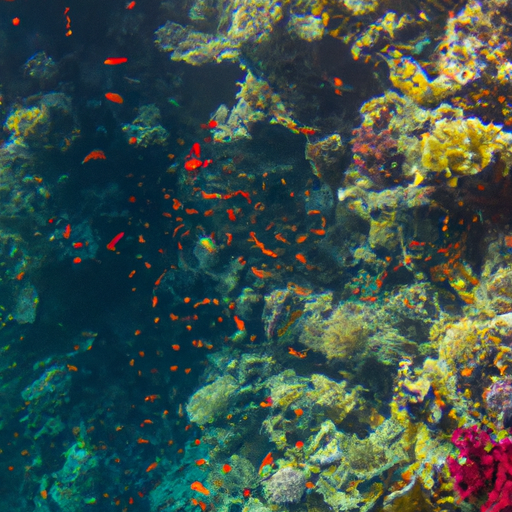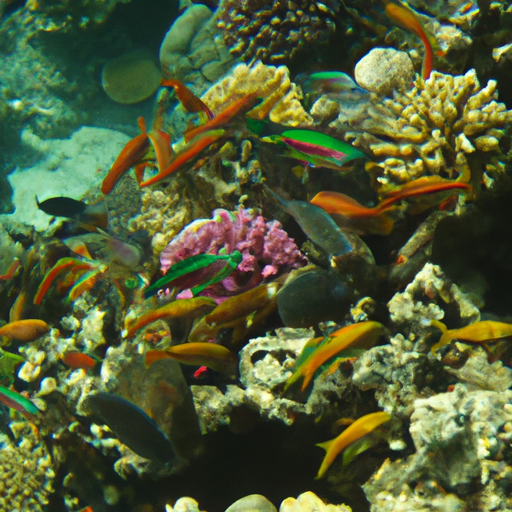microscopic organisms to the largest mammals on Earth, the marine environment is teeming with life. With estimates ranging from 500,000 to 10 million marine species, the ocean offers a vast variety of habitats that support different ranges of species. Marine life showcases diversity not just in terms of species numbers, but also in their shapes, sizes, and colors, with unique adaptations and behaviors that help them thrive in their specific ecological niche. Explorations of the deep sea have revealed astonishing examples of biodiversity, with organisms that have adapted to extreme conditions. The exploration of marine life has also unveiled unexpected interdependencies and symbiotic relationships, highlighting the interconnectedness of marine ecosystems and the need for conservation. Overall, understanding and protecting the diverse ecosystems of marine life is crucial for maintaining the health and balance of our oceans.
Whales
Whales are a diverse group of marine mammals belonging to the order Cetacea. They are characterized by their large size, streamlined bodies, and presence of blowholes on top of their heads. Whales are known for their impressive size, with some species reaching lengths of over 100 feet and weighing up to 200 tons.
There are two main types of whales: toothed whales and baleen whales. Toothed whales, such as dolphins and killer whales, have teeth for catching and eating prey, while baleen whales, like the blue whale and humpback whale, have baleen plates in their mouths to filter small organisms from the water.
Whales are highly intelligent creatures and have complex social structures. They communicate using a variety of sounds, including clicks, songs, and whistles. They are also known for their incredible migration patterns, undertaking long journeys between feeding and breeding grounds.
Unfortunately, many whale species are endangered or threatened due to factors such as overfishing, pollution, and habitat loss. Conservation efforts are essential to protect these magnificent creatures and ensure their survival for future generations.
Exploring the Fascinating World of Marine Life: A Journey into the Ocean Depths
Diving into the depths of the ocean unveils a mesmerizing world of marine biodiversity. From vibrant coral reefs that provide a sanctuary for countless species to the open ocean teeming with shimmering fish and majestic whales, the diversity of marine life is awe-inspiring. Exploring the depths also introduces us to peculiar deep-sea creatures with extraordinary adaptations. However, the world beneath the waves is facing threats such as climate change and overfishing, emphasizing the need to protect marine biodiversity. By deepening our knowledge and appreciation of these wonders, we can work towards a future where marine life is cherished and preserved for generations to come.
The Importance of Marine Conservation: Protecting our Oceans and its Creatures
Marine conservation plays a crucial role in protecting our oceans and its creatures, preserving the diversity and fragility of marine ecosystems. It helps to safeguard the delicate balance and interconnectedness of these ecosystems, ensuring the overall health and productivity of the ocean. Marine conservation also helps protect endangered species and preserve biodiversity, giving vulnerable creatures a chance to survive and thrive. Additionally, healthy marine ecosystems provide numerous benefits to humanity, such as food resources, livelihoods, and climate regulation. Collaborative efforts between governments, NGOs, scientists, and local communities are essential for effective conservation strategies, while raising awareness about the importance of marine conservation is crucial for garnering public support. Overall, conserving our oceans is vital for the well-being of marine life and for sustaining a healthy and prosperous future for humanity.
The Importance of Preserving Marine Life: Protecting Our Oceans for Future Generations
and the ecosystems they inhabit. The article highlights the importance of preserving marine life and discusses the various threats it faces due to human activities such as pollution, overfishing, and climate change. It emphasizes the need for urgent action and proposes solutions such as responsible fishing practices, reducing plastic waste, and addressing climate change through greenhouse gas emissions reduction. The article also stresses the importance of collective efforts from governments, organizations, and individuals to protect our oceans through measures like marine protected areas and sustainable practices. Overall, the article promotes the preservation and protection of marine life for the benefit of future generations and the well-being of our planet.
Unveiling the Secrets of Marine Ecosystems: Understanding the Interconnectedness of Life Underwater
Marine ecosystems are a complex and mysterious realm beneath the waters, covering over 70% of our planet. Scientists are fervently exploring these hidden depths to understand the interconnectedness of life underwater and unravel the secrets of marine ecosystems. Biodiversity plays a crucial role in the resilience and stability of these ecosystems, as each species occupies a specific niche. At the heart of marine ecosystems are intricate food webs, where energy and nutrients flow through the transfer of organisms. These ecosystems are also interconnected with each other and the broader Earth system, emphasizing the need for understanding for effective conservation and management efforts. The ongoing exploration of our oceans continues to yield astonishing discoveries and insights, highlighting the importance of protecting and preserving marine ecosystems for future generations.

